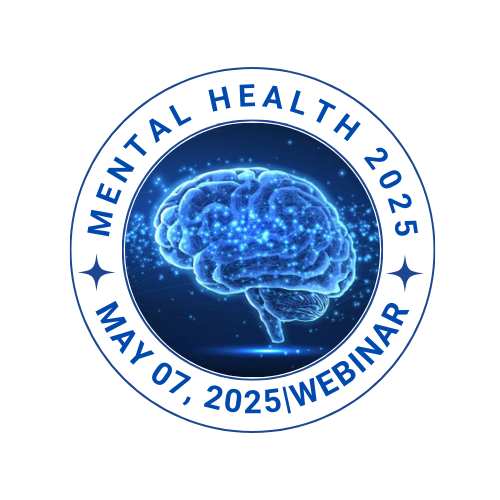
Mental health and human resilience are fundamental to emotional, psychological, and social well-being, shaping how individuals navigate life’s challenges and maintain overall stability. Building resilience is essential for personal growth and societal well-being, as it enhances stress management, emotional regulation, and the ability to adapt in the face of adversity. Mental resilience empowers individuals to cope with hardships, fostering stronger relationships, better decision-making, and improved quality of life. As a critical area of study and practice, mental health care focuses on identifying, addressing, and supporting individuals facing various psychological challenges. These may range from stress and anxiety to complex conditions like PTSD and chronic depression. Experts in the field—including psychologists, psychiatrists, and mental health professionals—employ a holistic, evidence-based approach that integrates therapy, self-care strategies, mindfulness techniques, and lifestyle interventions to enhance resilience and well-being. The field of mental health and resilience continues to evolve, embracing technological innovations, neuroscience insights, and community-based support systems to improve mental health outcomes. As awareness grows, the focus remains on breaking stigmas, expanding access to mental health care, and fostering resilience at individual and societal levels.








